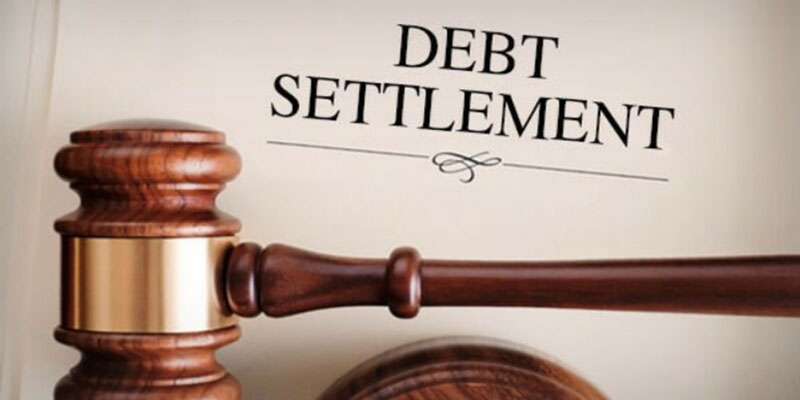Methods Of Debt Consolidation How Does Debt Settlement Work
Dec 05, 2022 By Susan Kelly
Offers to settle debts often fall from 10% to 50% of the total amount owed. A person's likelihood of getting sued grows in proportion to the time that debt is unpaid. Even if you deal with a respectable debt settlement organization, your creditors are under no duty to lower your debt. Whether you know it as "debt settlement," "debt relief," as well as "debt adjustment," the practice involves offering the lender a large lump sum payment in exchange for forgiveness of the remainder of the debt you owe.
How Does Debt Settlement Work Debt settlement proposals might vary from 10% to 50% of your total debt, depending on the specifics of your case. After then, the creditor must choose which, if any, of the proposals to accept. Consumers can either settle their debts on their own or pay a debt settlement company to accomplish it for them. In the second scenario, you will owe the company a charge equal to a certain percentage of the total amount of your registered debt. The total debt you hold at program enrollment is "enrolled debt." They are allowed to charge you, too, once your debt has been resolved.
How Debt Settlement Works
How does a debt settlement plan work? When describing the services they provide, some companies that specialize in debt settlement also use the words "debt relief" and "debt adjustment." The majority of the time, the firms will make an offer to negotiate a more advantageous repayment plan with your creditors on your behalf, or to negotiate a settlement of your debt or a reduction in it through another method. A cost is often needed, and the amount of that fee is commonly calculated as a percentage of the amount of money you will be able to save on your debt.
The Advantages Of Debt Settlement

Debt settlement can reduce your overall debt payments by a significant amount. Additionally, they can help you get out of debt faster than just making the minimum payment each month. Also, whenever you work with a settlement agency, you may streamline your costs by sending a single monthly payment to them instead of to each of your creditors.
Debt Settlement Has Certain Drawbacks
If you want to settle your debt, you'll have to let your accounts go months past due before you make a payment. These delinquencies, if they haven't already, will likely devastate your credit score. In most cases, the services of a settlement company will cost you money. Depending on the sum you owe and the amount you were able to save through settlement, you may incur various fees. Unfortunately, settlement fraud seems frequent because of the necessity of making an up-front payment before obtaining aid. Double-check that the settlement firm you've picked is legitimate to avoid getting ripped off. Remember that the Internal Revenue Service also often counts debt cancellation as taxable income.
Personal Debt Negotiation On Your Own

Remember that you may perform all of these steps on your own if you decide to pursue debt settlement. You may let your bills fall into default by redirecting your credit card payments to such a savings account. Next, dip into savings and start bargaining with the collector. By settling your debts on your own, you may avoid paying the costs associated with using a debt settlement business. The downside is that you'll have to deal with debt collectors personally, which isn't likely to go well. Credit scores will suffer a significant impact in any case since outstanding bills will remain unpaid for months before being charged off. Debt settlement how does it work, so before making a decision, be sure you've considered all of your alternatives and are okay with the outcomes.
Conclusion
To pay debts through a third party is known as debt settlement. A settlement firm's goal is to reduce your debt by negotiating with your creditors on your behalf. Most settlements require a single payment, a small percentage of the total owed, plus fees. That's why we recommend exploring elsewhere for assistance with your debt. With debt settlement, the debtor and creditor come to an arrangement in which the debt is settled for an amount that is less than the whole amount owed. Debt collectors regularly purchase bills for pennies on the dollar, so this might be a good option if you have a lot of little obligations that would otherwise send you into bankruptcy.








